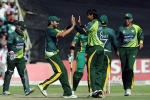- Web
- Humsa
- Videos
- Forum
- Q2A


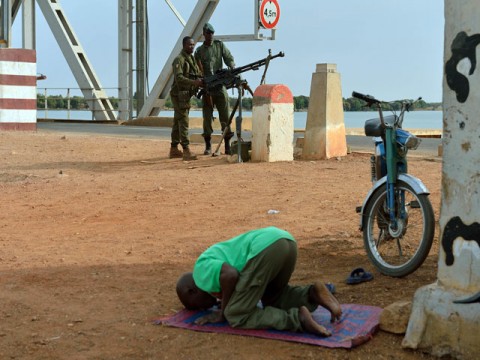
To listen to David Cameron’s rhetoric this week, it could be 2001 all over again. Eleven years into the war on terror, it might have been Tony Blair speaking after 9/11. As the bloody siege of the part BP-operated In Amenas gas plant in Algeria came to an end, the British prime minister claimed, like George Bush and Blair before him, that the country faced an “existential” and “global threat” to “our interests and way of life”.
While British RAF aircraft backed French military intervention against Islamist rebels in Mali, and troops were reported to be on alert for deployment to the west African state, Cameron promised that a “generational struggle” would be pursued with “iron resolve”. The fight over the new front in the terror war in North Africa and the Sahel region, he warned, could go on for decades.
So in austerity-blighted Britain, just as thousands of soldiers are being made redundant, while Barack Obama has declared that “a decade of war is now ending”, armed intervention is being ratcheted up in yet another part of the Muslim world. Of course, it’s French troops in action this time. But even in Britain the talk is of escalating drone attacks and special forces, and Cameron has refused to rule out troops on the ground.
You’d think the war on terror had been a huge success, the way the western powers keep at it, Groundhog Day-style. In reality, it has been a disastrous failure, even in its own terms – which is why the Obama administration felt it had to change its name to “overseas contingency operations”, until US defence secretary Leon Panetta revived the old title this week.
Instead of fighting terror, it has fuelled it everywhere it’s been unleashed: from Afghanistan to Pakistan, from Iraq to Yemen, spreading it from Osama bin Laden’s Afghan lairs eastwards to central Asia and westwards to North Africa – as US, British and other western forces have invaded, bombed, tortured and kidnapped their way across the Arab and Muslim world for over a decade.
So a violent jihadist movement that grew out of western intervention, occupation and support for dictatorship was countered with more of the same. And the law of unintended consequences has meanwhile been played out in spectacular fashion: from the original incubation of al-Qaida in the mujahideen war against the Soviet Union, to the spread of terror from western-occupied Afghanistan to Pakistan, to the strategic boost to Iran delivered by the US-British invasion of Iraq. When it came to Libya, the blowback was much faster – and Mali took the impact. Nato’s intervention in Libya’s civil war nearly two years ago escalated the killing and ethnic cleansing, and played the decisive role in the overthrow of the Gaddafi regime. In the ensuing maelstrom, Tuareg people who had fought for Gaddafi went home to Mali and weapons caches flooded over the border.
Within a couple of months this had tipped longstanding demands for self-determination into armed rebellion – and then the takeover of northern Mali by Islamist fighters, some linked to al-Qaida. Foreign secretary William Hague acknowledged this week that Nato’s Libyan intervention had “contributed” to Mali’s war, but claimed the problem would have been worse without it.
In fact, the spillover might have been contained if the western powers had supported a negotiated settlement in Libya, just as all-out war in Mali might have been avoided if the Malian government’s French and US sponsors had backed a political instead of a military solution to the country’s divisions.
French intervention in Mali has now produced the fastest blowback yet in the war on terror. The groups that seized the In Imenas gas plant last week – reportedly with weapons supplied to Libya by France and Britain – insisted their action was taken in response to France’s operation, Algeria’s decision to open its airspace to the French and western looting of the country’s natural resources.
It may well be that the attack had in fact been planned for months. And the Algerian government has its own history of bloody conflict with Islamist movements. But it clearly can’t be separated from the growing western involvement across the region.France is in any case the last country to sort out Mali’s problems, having created quite a few of them in the first place as the former colonial power, including the legacy of ethnic schism within artificial borders – as Britain did elsewhere. The French may have been invited in by the Malian government. But it’s a government brought to power by military coup last year, not one elected by Malians – and whose troops are now trading atrocities and human rights abuses with the rebels.
Only a political settlement, guaranteed by regional African forces, can end the conflict. Meanwhile, French president François Hollande says his country will be in Mali as long as it takes to “defeat terrorism in that part of Africa”. All the experience of the past decade suggests that could be indefinitely – as western intervention is likely to boost jihadist recruitment and turn groups with a regional focus towards western targets.All this is anyway about a good deal more than terrorism.
Underlying the growing western military involvement in Africa – from the spread of American bases under the US Africa Command to France’s resumption of its post-colonial habit of routine armed intervention – is a struggle for resources and strategic control, in the face of China’s expanding economic role in the continent. In north and west Africa, that’s not just about oil and gas, but also uranium in countries like Niger – and Mali. Terrorism has long since become a catch-all cover for legitimising aggressive war.
The idea that jihadists in Mali, or Somalia for that matter, pose an existential threat to Britain, France, the US or the wider world is utter nonsense. But the opening of a new front in the war on terror in north Africa and the Sahel, accompanied by another murderous drone campaign, is a potential disaster for the region and risks a new blowback beyond it.The past decade has demonstrated beyond doubt that such interventions don’t solve crises, let alone deal with the causes of terrorism, but deepen them and generate new conflicts. More military intervention will bolster authoritarian regimes – and its rhetoric further poison community relations in the intervening states. It seems the price has to be paid over and over again.
.jpg) ISLAMABAD: Pakistan's new IT minister has warned that Google could be blocked in the country if the company fails to remove blasphemous and objectionable material from its video-sharing website YouTube, the Press Trust of India reported.
Minister of State for IT and Telecommunication Anusha Rahman Khan made the remarks on her first day in office yeste..... Read more
ISLAMABAD: Pakistan's new IT minister has warned that Google could be blocked in the country if the company fails to remove blasphemous and objectionable material from its video-sharing website YouTube, the Press Trust of India reported.
Minister of State for IT and Telecommunication Anusha Rahman Khan made the remarks on her first day in office yeste..... Read more
 Some 34,000 South Africans applied for 90 trainee traffic cop posts and at least six died during the recruitment fitness test, local media reported. Six applicants are thought to have died from dehydration during a KwaZulu-Natal traffic department trial at a stadium in Pietermaritzburg this week, according to state broadcaster SABC news and news agency ..... Read more
Some 34,000 South Africans applied for 90 trainee traffic cop posts and at least six died during the recruitment fitness test, local media reported. Six applicants are thought to have died from dehydration during a KwaZulu-Natal traffic department trial at a stadium in Pietermaritzburg this week, according to state broadcaster SABC news and news agency ..... Read more
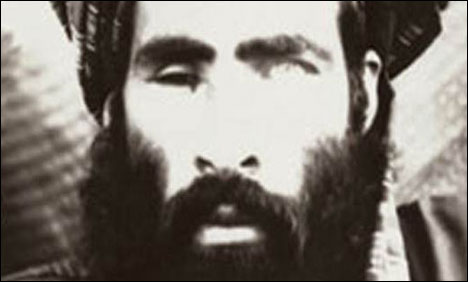 KABUL: Taliban leader Mullah Omar on Tuesday dismissed key elections due in Afghanistan next year as "a waste of time", posing a major
challenge to international efforts to ensure a credible poll.
"As to the deceiving drama under the name of elections 2014, our pious
people will not tire themselves out, nor will they participate in it..... Read more
KABUL: Taliban leader Mullah Omar on Tuesday dismissed key elections due in Afghanistan next year as "a waste of time", posing a major
challenge to international efforts to ensure a credible poll.
"As to the deceiving drama under the name of elections 2014, our pious
people will not tire themselves out, nor will they participate in it..... Read more






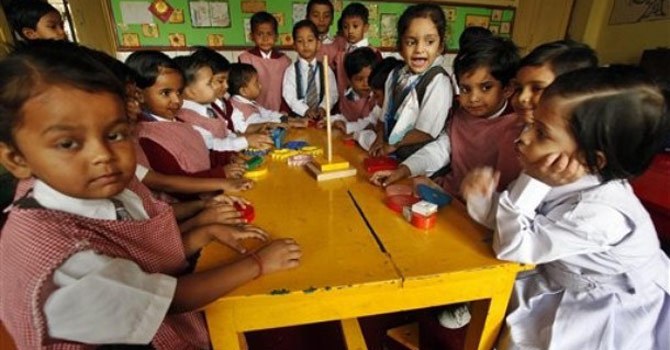
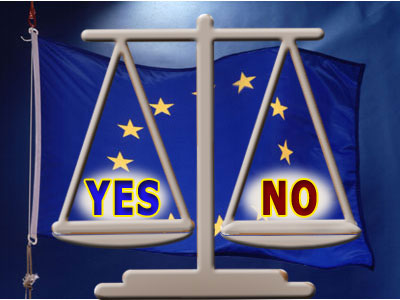




 Clean Chit (Faisal Raza Abidi ...
Clean Chit (Faisal Raza Abidi ...  Akhir Kiyon - 16th December 2...
Akhir Kiyon - 16th December 2...  To The Point - 16th December ...
To The Point - 16th December ...  Capital Talk â
Capital Talk â  Kal Tak - 16th December 2013
Kal Tak - 16th December 2013  Bay Laag - 16th December 2013
Bay Laag - 16th December 2013  Kharra Sach - 16th December 2...
Kharra Sach - 16th December 2...  Awaam - 15th December 2013
Awaam - 15th December 2013 





 Gold Miner
Gold Miner  Superbike GP
Superbike GP  Whipsaw Fighter
Whipsaw Fighter  PacMan
PacMan 

